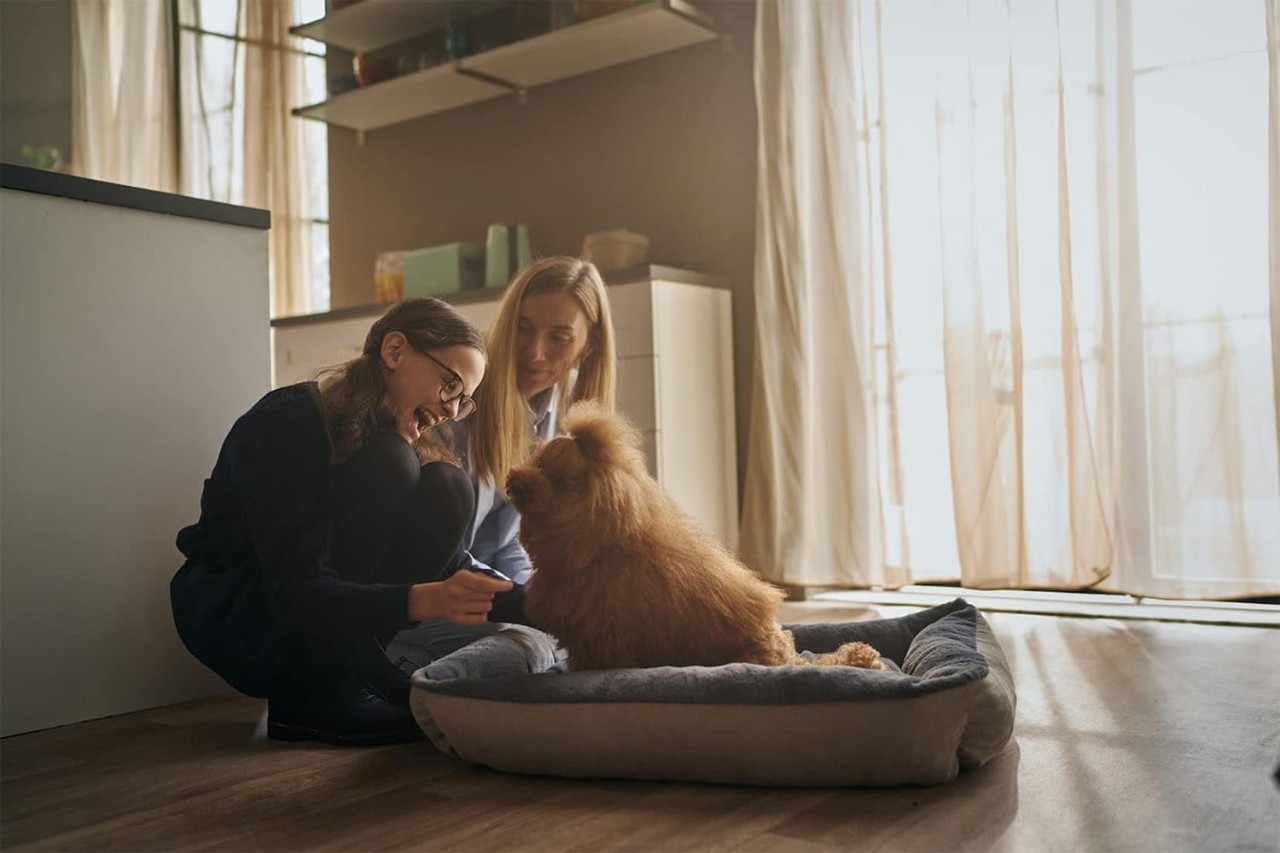by Angela Hickey | 2 min read May 7th, 2020
Your vet provides vital preventative treatments for your dog and it is important to keep these in place and up to date as much as possible during COVID-19 to keep your dog well and happy. Seek advice over the phone from your vet regarding whether some delay or postponement is okay or whether your dog should be prioritised and come to the clinic at an appointed time.
Parasites
It’s important to keep treating regularly to prevent external parasites like fleas, ticks, lice and mites affecting your dog’s skin, especially during the summer months. Internal infestations with parasites like roundworm, tapeworm, lungworm etc. must also be prevented. Your vet or vet nurse will advise on which product to use and how often. You can pay over the phone and collect a supply from the clinic at a pre-arranged time, observing full social distancing.
Vaccination
Vaccinations are vital to prevent very serious diseases. Puppies will usually start with at least two vaccines a few weeks apart and then there are annual boosters for adult dogs. During this time of restricted visits, your vet will advise on whether it is safe to delay a vaccination in your dog’s case or whether it is important based on age, health status etc. to give it on time. Don’t take any risks. Get advice over the phone when your dog’s vaccine is due and keep puppies at home until your vet advises they are safe to go for walks outdoors.
Neutering
Neutering your pet helps prevent many potential problems, especially when done as early in life as possible, based on your vet’s advice.
In female dogs neutering can prevent:
- Pyometra (a nasty womb infection)
- Ovarian cancer
- False pregnancies
- Mammary cancer
In male dogs the benefits of neutering are:
- Prevention of testicular cancer
- Greatly reduced incidence of prostate disease and peri-anal tumours
- Reduced aggression and territorial behaviour
- Reduction of unwanted sexual behaviours
Timing of neutering can be important in achieving maximum benefits. Your vet will weigh up many factors including age, breed, time of last heat in female dogs, previous history of false pregnancy or womb infections, prostate disease in males etc. in deciding whether to go ahead with the surgery at this time of restricted access to vet clinics.
Regular Health Check Ups
Abide by all restrictions in place regarding social distancing when visiting the clinic. Go there only at the appointed time. Wait in your car and phone reception when you get there and follow all instructions on entering the building. These will be explained to you over the phone and can be accessed in advance of your visit on your vet practice’s website.
This guidance is for general information purposes only. Allianz accepts no responsibility or liability for any losses that may arise from any reliance upon the information contained in this guidance.






